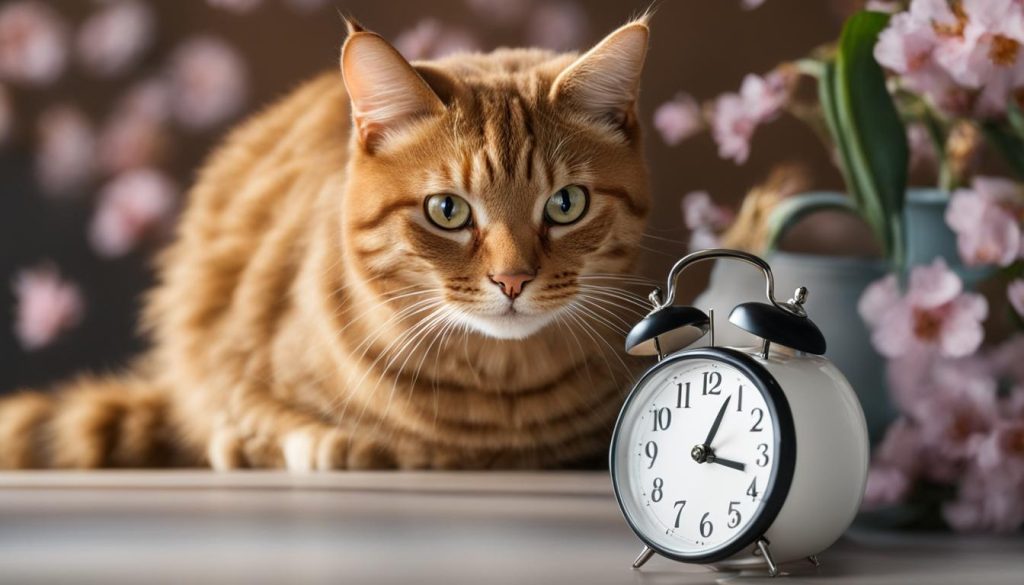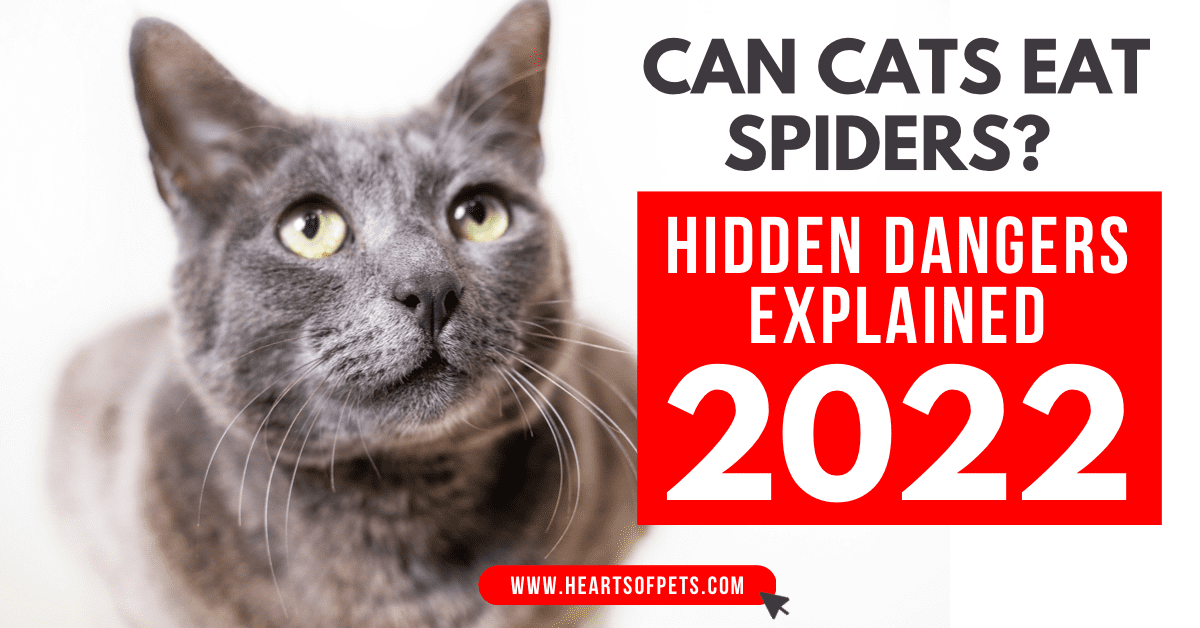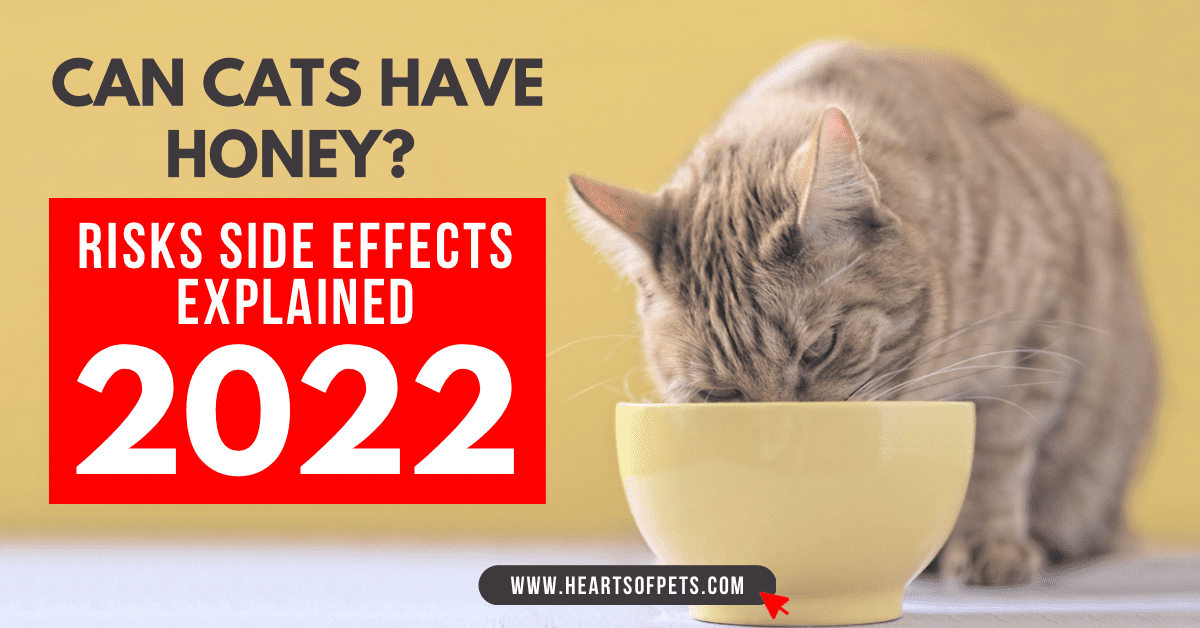As a cat owner, you may have wondered whether it’s safe to share some of your favorite snacks with your furry friend. Almonds, with their crunchy texture and delicious taste, may seem like a tempting treat to offer to your cat. But before you do, it’s important to understand the potential risks and benefits of feeding almonds to your feline companion.
Almonds can provide some nutritional benefits for cats. They are a source of protein, unsaturated fats, and fiber, which can be beneficial for your cat’s overall health. However, it’s crucial to remember that cats have different dietary requirements than humans, and their nutritional needs should be met primarily through animal protein.
While sweet almonds are generally safe for cats in small amounts, they can still pose some risks. They can cause digestive issues, such as vomiting and diarrhea, and even lead to pancreatitis. Additionally, almonds can be a choking hazard for cats, especially if they are given whole almonds or almond pieces that are too large to swallow comfortably.
It’s important to note that bitter almonds, which contain cyanide, are highly toxic to both humans and cats. So, it’s essential to keep sweet almonds stored away safely and out of your cat’s reach.
Can Cats Eat Almonds? Yes, But In Moderation. Bitter Almonds are a No-No.
- Feeding sweet almonds in small amounts is unlikely to cause severe harm, but digestive issues and choking hazards are still a concern.
- Bitter almonds are highly toxic to both humans and cats and should be avoided entirely.
- Almonds can provide protein, unsaturated fats, and fiber for cats, but they should not be a significant part of their diet.
- Cats are obligate carnivores and primarily require animal protein for optimal health.
- Consult with your veterinarian before introducing any new food into your cat’s diet.
Are Almonds Healthy for a Cat?
When it comes to a cat’s diet and nutrition, it’s important to consider the health benefits and potential risks of different food items. Almonds, in particular, have been the subject of debate among cat owners. So, are almonds healthy for a cat? Let’s take a closer look.
Almonds do provide certain nutritional benefits for cats. They contain protein, unsaturated fats, fiber, and antioxidants like vitamin E. Protein is crucial for the growth and repair of a cat’s body tissues, while unsaturated fats contribute to healthy skin, fur, and joints. The fiber content in almonds can aid in digestion and help prevent gut problems.
However, it’s important to keep in mind that cats are obligate carnivores, meaning their diet should mainly consist of animal protein. While almonds may offer some nutritional value, they are not essential for a cat’s overall health. In fact, almonds can be difficult for a cat’s digestive system to process, leading to potential digestive issues.
Optimal Feline Diet
To ensure that your cat receives a balanced and appropriate diet, it’s best to prioritize their regular cat food that meets all their nutritional needs. This commercial cat food is specifically formulated to provide the necessary nutrients for a cat’s optimal health. If you have concerns about your cat’s diet or want to offer them occasional treats, it’s always a good idea to consult with a veterinarian who can provide personalized recommendations based on your cat’s specific needs.
Overall, while almonds can offer some health benefits for cats, they are not a necessary part of their diet. It’s important to remember that every cat is unique and may have individual preferences when it comes to taste. Some cats may show interest in almonds, while others may not. As a responsible cat owner, it’s essential to prioritize your cat’s overall health and well-being by providing them with a balanced and appropriate diet.
How Many Almonds Can a Cat Eat?
When it comes to feeding almonds to your cat, moderation is key. While a small amount of sweet almonds is unlikely to cause any serious issues, it’s important to be cautious and understand the potential risks involved. According to the ASPCA, one or two almonds are generally safe for cats. However, it’s essential to monitor your cat for any signs of stomach upset or pancreatitis, as almonds can be difficult for their digestive system to break down.
Feeding your cat a large number of almonds can lead to digestive problems and choking hazards. Additionally, if the almonds are bitter, they can be highly toxic to your cat due to their cyanide content. It’s crucial to keep sweet almonds out of reach of your feline friend and seek immediate veterinary attention if your cat accidentally consumes any bitter almonds.
Feeding Guidelines for Cats
While a small quantity of almonds may not pose an immediate threat, it’s always best to prioritize your cat’s regular cat food that provides all the necessary nutrients. Cats are obligate carnivores and require primarily animal protein in their diet. Almonds should be considered as an occasional treat or supplement, rather than a staple part of their diet.
There are plenty of cat-friendly human foods that you can offer to your feline companion instead of almonds. Some safe options include cooked chicken or turkey, small pieces of cooked fish, and plain cooked eggs. Always remember to avoid seasoning or adding any other ingredients that could be harmful to your cat’s health.
How Often Can a Cat Eat Almonds?
When it comes to feeding almonds to your cat, it’s important to keep in mind that almonds should not be a regular part of their diet. Cats are obligate carnivores, meaning their diet primarily consists of animal protein. While almonds can provide some nutritional benefits, they should be given sparingly as an occasional treat or supplement.
Feeding your cat almonds too often can lead to digestive issues and potential health problems. Cats have a sensitive digestive system, and almonds can be hard for them to break down. It’s best to prioritize their regular cat food that provides all the necessary nutrients for their overall health and well-being.
If you do choose to offer almonds to your cat, it’s important to monitor their reaction and be cautious of the quantity. Start with a small amount and observe how your cat responds. If they show any signs of stomach upset or discomfort, it’s best to avoid giving them almonds in the future.
Cats can eat almonds on occasion, but it’s not recommended to make them a regular part of their diet. Focusing on a balanced feline diet that consists of high-quality cat food is the best way to ensure your cat gets all the necessary nutrients they need for optimal health.

Are Almonds Used in Commercial Cat Food?
When it comes to commercial cat food, almonds are not commonly used as an ingredient. The main focus of commercial cat food is to provide the necessary nutrients for a cat’s optimal health, which primarily comes from animal protein. While there may be some cat food products that contain almond-based ingredients, they are not a common component. It’s important to carefully check the ingredient list on cat food packaging to ensure that it meets your cat’s dietary needs.
Cat food manufacturers understand the specific nutritional requirements of cats as obligate carnivores. They formulate their products to provide the essential animal protein, vitamins, and minerals that cats need to thrive. Almonds, although they may offer some nutritional value to humans, are not considered a necessary part of a cat’s diet and may not provide the same level of nutrition as other ingredients in cat food.
When selecting commercial cat food for your feline companion, it’s essential to choose a high-quality brand that is complete and balanced. Look for cat food that lists animal protein sources, such as chicken, beef, or fish, as the primary ingredients. It’s also a good idea to consult with your veterinarian to ensure that the cat food you choose is appropriate for your cat’s age, health condition, and specific dietary needs.
What Ingredients Should You Look for in Cat Food?
When reading the ingredient list on cat food packaging, look for specific animal protein sources as the main ingredients. This includes chicken, turkey, beef, fish, or other meats. High-quality cat food will also include additional nutrients such as vitamins, minerals, and essential fatty acids. Avoid cat food that lists grains, fillers, or by-products as the primary ingredients, as these may not provide the necessary nutrition for your cat.
While almonds may be safe for cats to eat in small amounts, it’s important to remember that they are not a typical ingredient in commercial cat food. Choosing a well-balanced cat food that meets your cat’s specific dietary needs is crucial for their overall health and well-being.
Are Almonds Bad for Cats? Are They Toxic?
When it comes to almonds and cats, it’s important to understand the potential risks involved. While sweet almonds, the ones commonly consumed by humans, are not toxic to cats, they can still have adverse effects on their health. The high fat content in almonds can lead to digestive issues such as vomiting and diarrhea. Cats have sensitive digestive systems, and almonds can be challenging for them to break down.
Additionally, almonds can pose a choking hazard for cats, especially if they are not properly chewed. This can result in serious complications, such as gut obstructions. It’s crucial to keep almonds out of reach of your feline friends to prevent any accidents or potential harm.
It’s important to note that bitter almonds, a different variety of almonds, are highly toxic to both humans and cats due to their cyanide content. Even a small amount of bitter almonds can be fatal to a cat. It’s essential to ensure that your cat does not have access to any bitter almonds and to seek immediate veterinary attention if you suspect your cat has ingested them.
Risks of Feeding Almonds to Cats
While almonds are not inherently toxic to cats, they can still have negative effects on their digestive system and overall well-being. Feeding almonds to cats can lead to:
- Digestive issues such as vomiting and diarrhea
- Pancreatitis
- Choking hazards
- Gut obstructions
Given these risks, it’s best to avoid feeding almonds to cats altogether. Instead, focus on providing a balanced and appropriate cat diet that meets all their nutritional needs. If you suspect that your cat has consumed almonds or is showing any signs of distress, it’s always recommended to consult with your veterinarian for guidance and advice.
Do Cats Like the Taste of Almonds?
Cats have distinct taste preferences, and their preferences often lean towards meat-based foods. While some cats may show occasional interest in almonds, most cats are unlikely to find them particularly appealing. As obligate carnivores, cats have evolved to thrive on a diet that consists primarily of animal protein. Therefore, their taste buds are more attuned to the flavors and textures of meat.
When it comes to almonds, the taste and texture may not be enticing to cats. Almonds have a crunchy texture and a mild flavor that may not satisfy a cat’s innate desire for meat. While it’s possible that a cat may show curiosity towards almonds due to their unique scent or shape, it doesn’t necessarily mean that they enjoy the taste.
It’s important to understand your cat’s individual preferences and provide them with a balanced and appropriate diet that meets their nutritional needs. While cats may have varying preferences for certain flavors and textures, it’s crucial to ensure that their diet is primarily focused on high-quality animal protein sources to maintain their optimal health and well-being.
Conclusion
It is generally safe for cats to eat almonds, but there are risks and considerations to keep in mind. While sweet almonds are non-toxic to cats in small amounts, they can still cause digestive issues, choking hazards, and pancreatitis. As obligate carnivores, cats primarily require animal protein in their diet, and almonds offer limited nutritional value. Therefore, it is best to limit the amount of almonds given to cats and prioritize their regular cat food that provides all the necessary nutrients.
Although almonds contain protein, unsaturated fats, fiber, and antioxidants, they are not necessary for a cat’s overall health. Cats can benefit from these nutrients through their balanced cat food, which is designed to meet their specific dietary needs. Feeding almonds to cats should be considered as an occasional treat rather than a regular part of their diet.
If your cat accidentally consumes almonds, it is important to monitor them for any adverse effects, such as stomach upset or pancreatitis. If any symptoms occur or if your cat consumes bitter almonds, which are highly toxic, it is crucial to seek immediate veterinary attention. Always consult with a veterinarian for specific dietary recommendations for your cat’s optimal health.
FAQ
Can cats eat almonds?
Yes, cats can eat almonds, but there are risks and considerations to keep in mind.
Are almonds healthy for a cat?
Almonds can offer some nutritional benefits for cats, but they are not necessary for their overall health.
How many almonds can a cat eat?
It’s best to limit the amount of almonds given to cats to one or two almonds at a time.
How often can a cat eat almonds?
Almonds should only be offered to cats occasionally as a treat or supplement to their regular cat food.
Are almonds used in commercial cat food?
Almonds are not commonly used in commercial cat food, which primarily consists of animal protein.
Are almonds bad for cats? Are they toxic?
Sweet almonds are generally safe for cats, but they can cause digestive issues. Bitter almonds are highly toxic and should be avoided.
Do cats like the taste of almonds?
Cats have individual preferences, but most cats are unlikely to be particularly interested in eating almonds.
Can cats eat almonds conclusion?
While cats can eat almonds in small amounts, it’s best to prioritize their regular cat food that meets all their nutritional needs.






